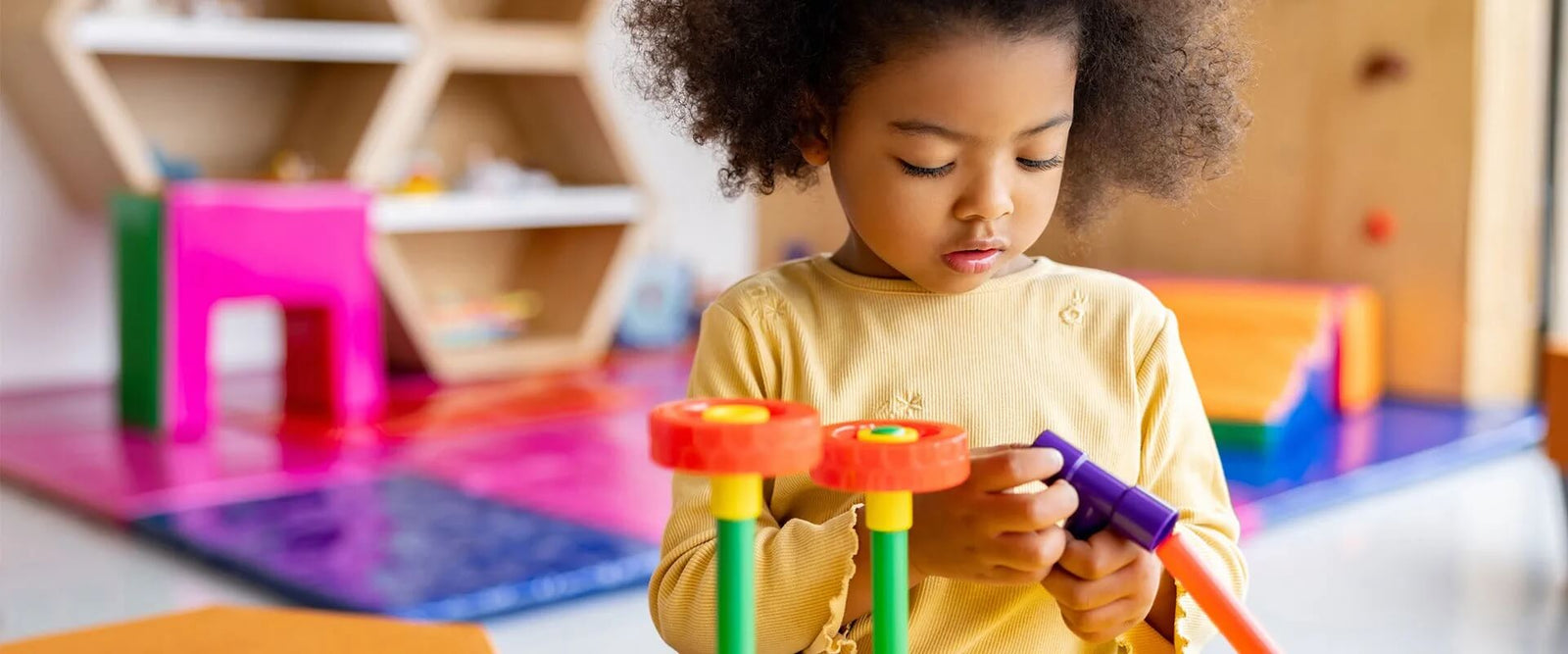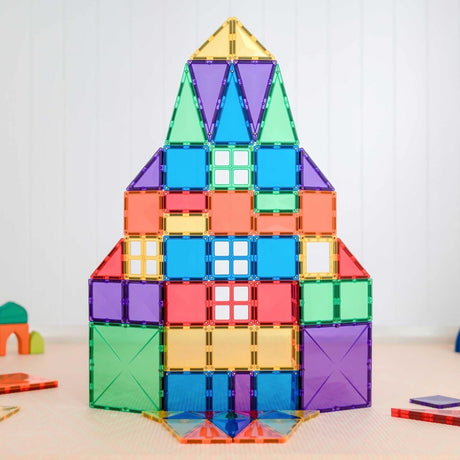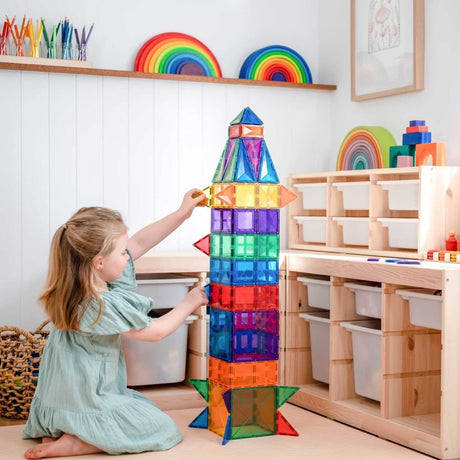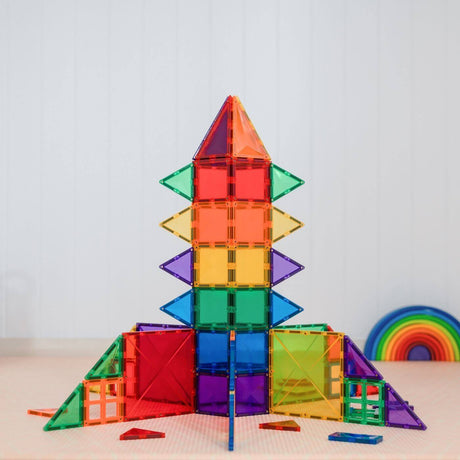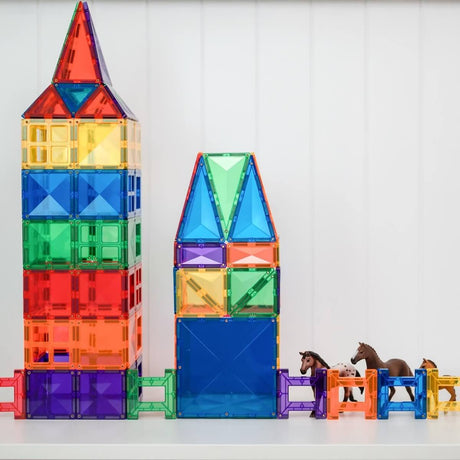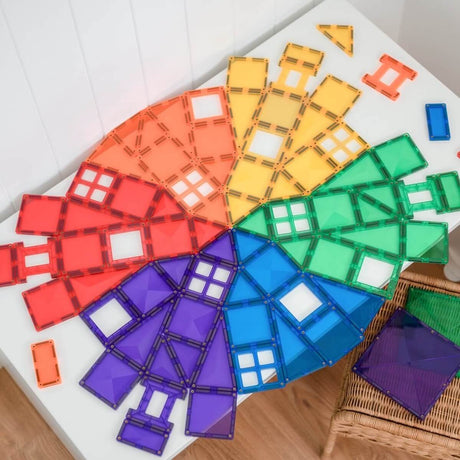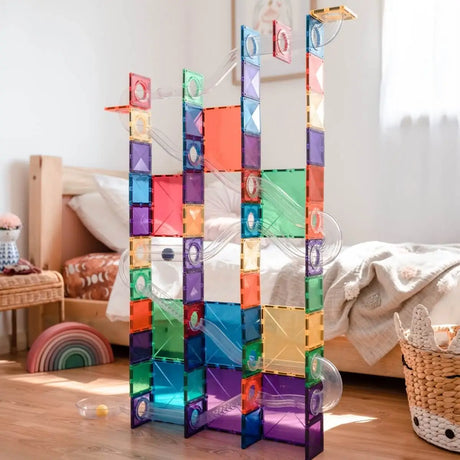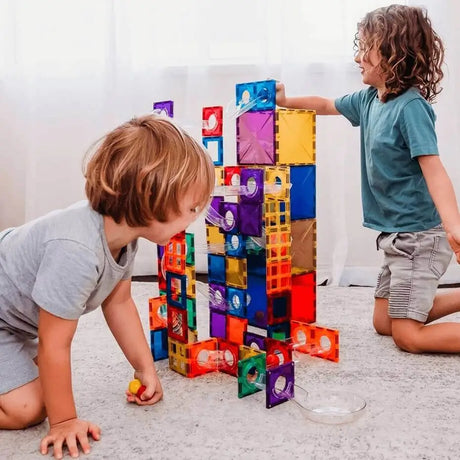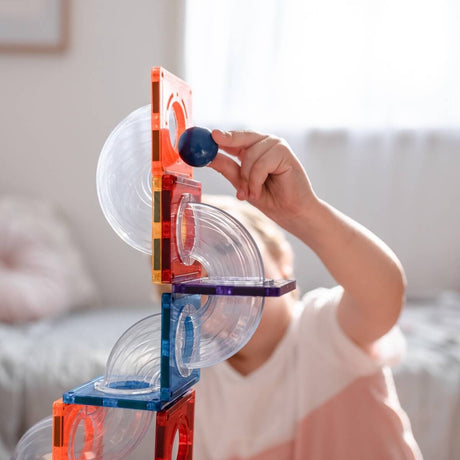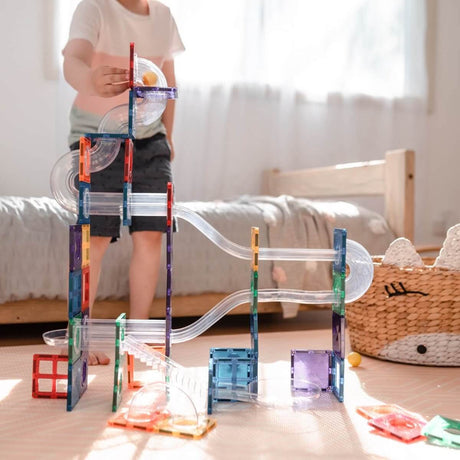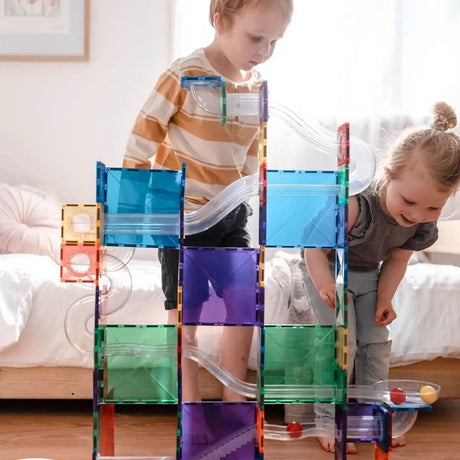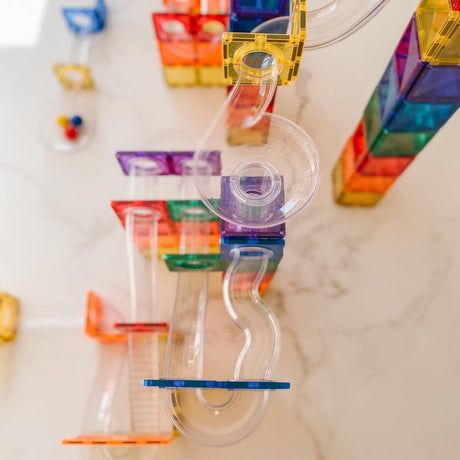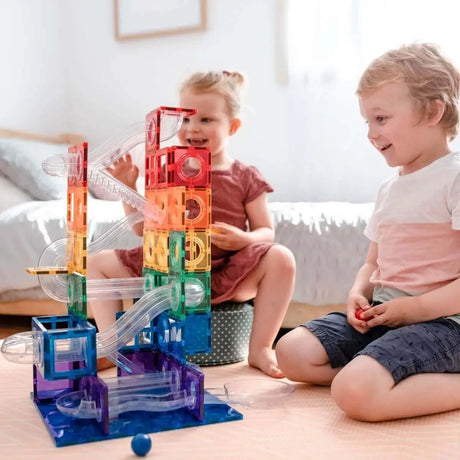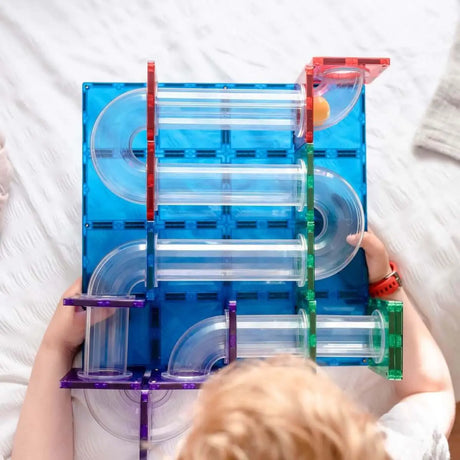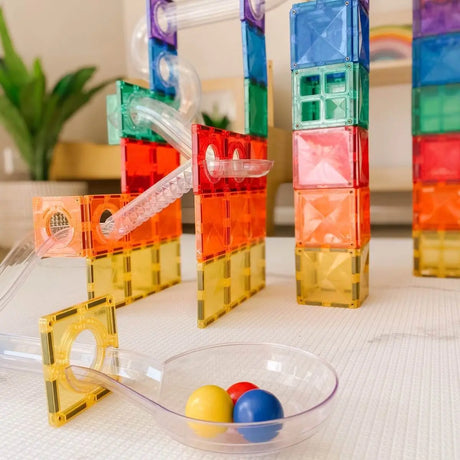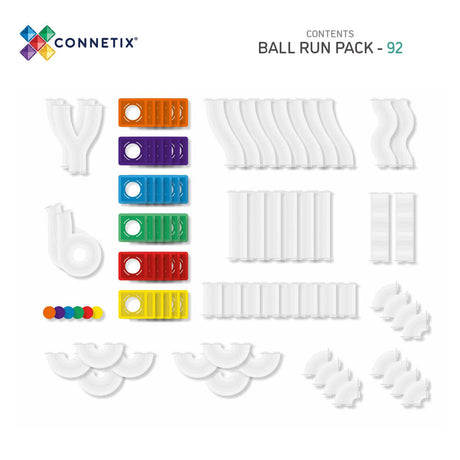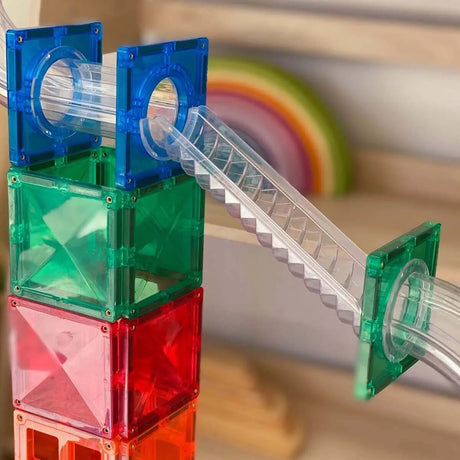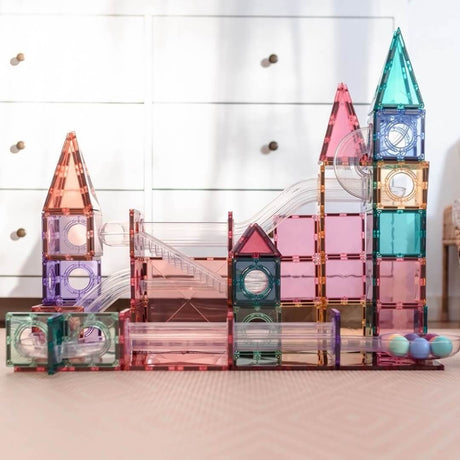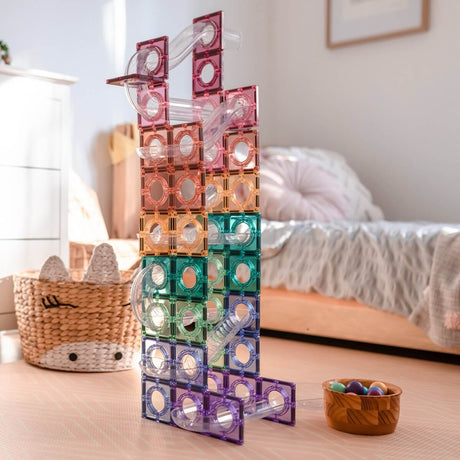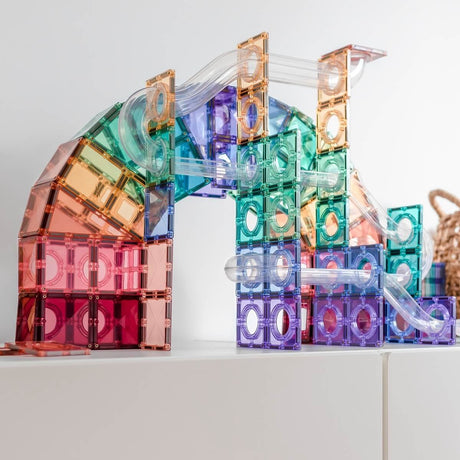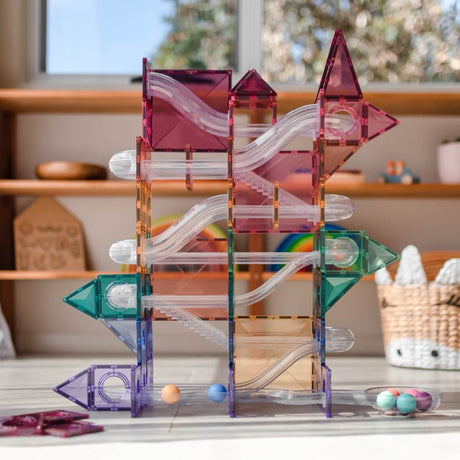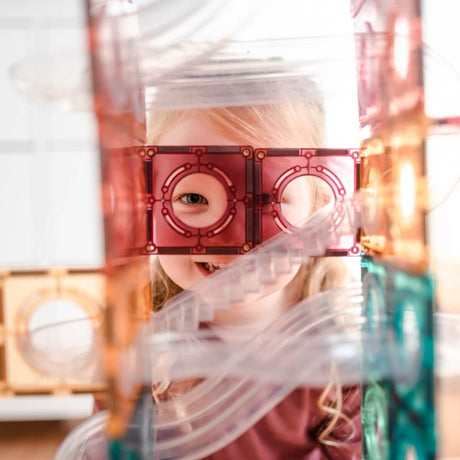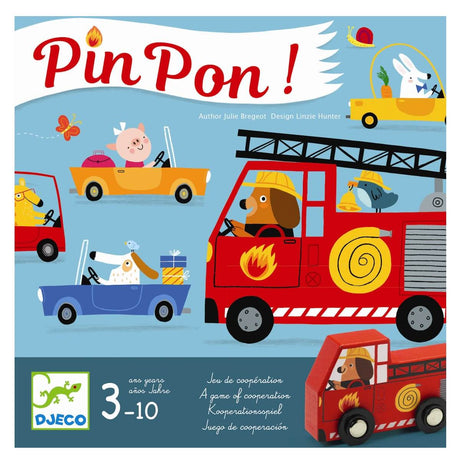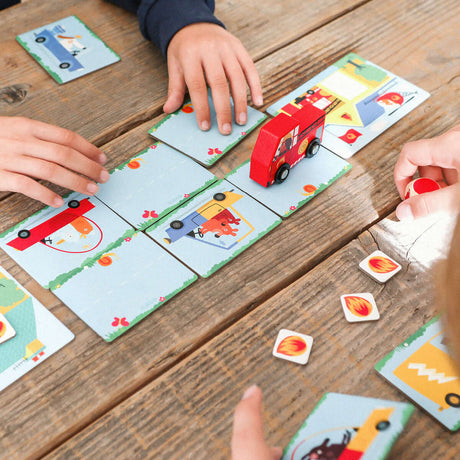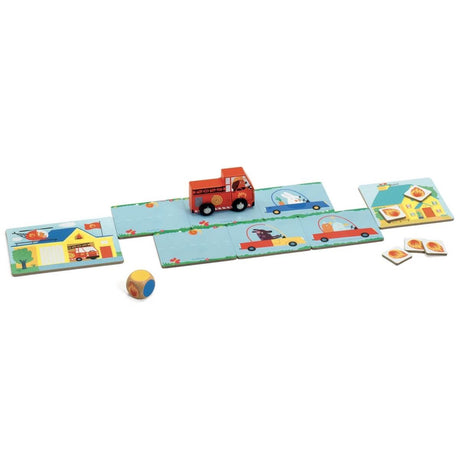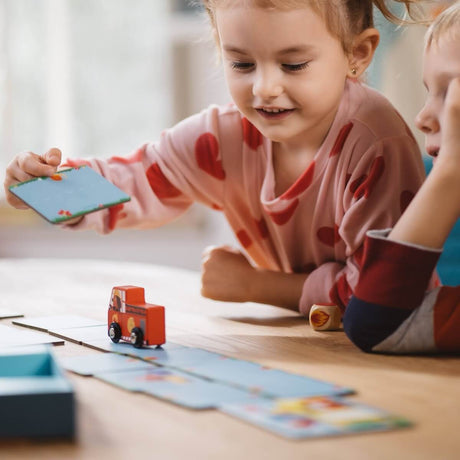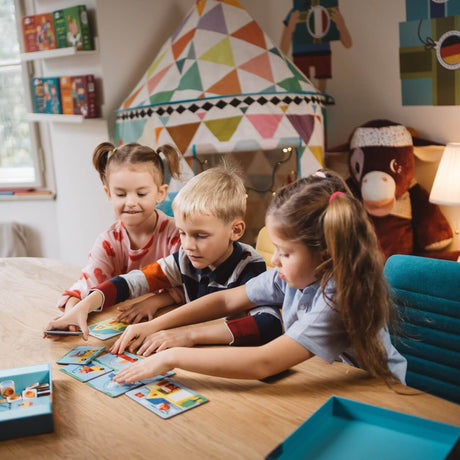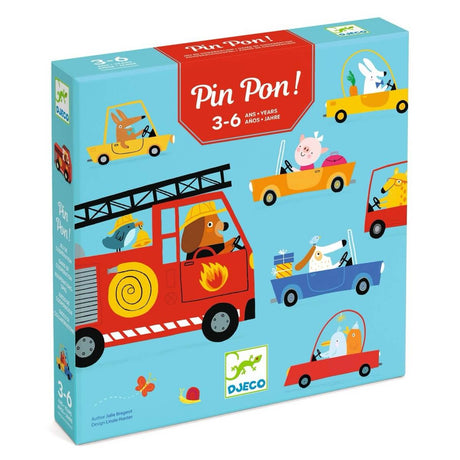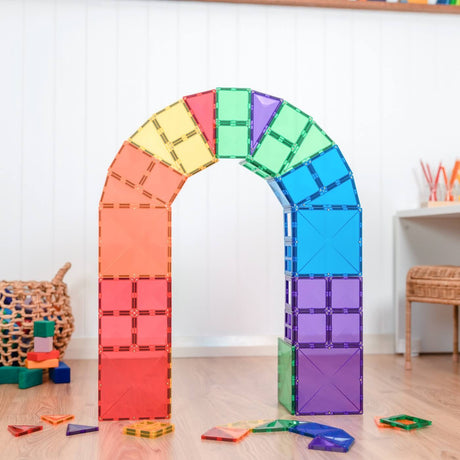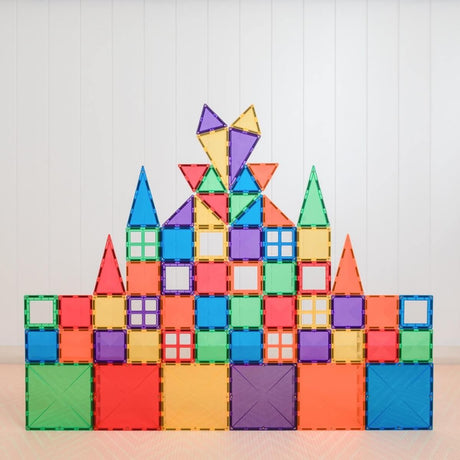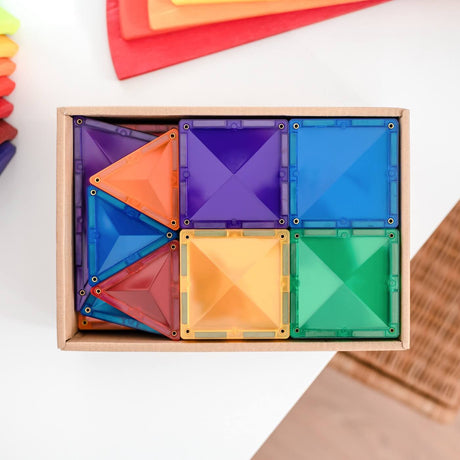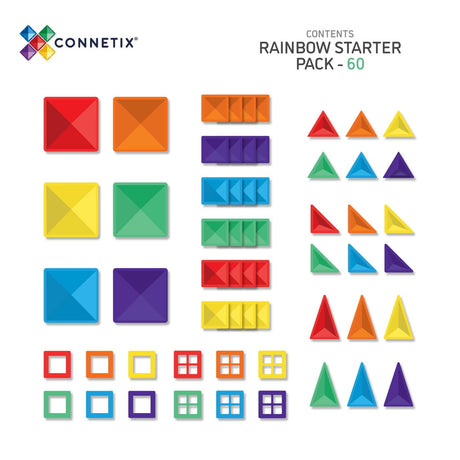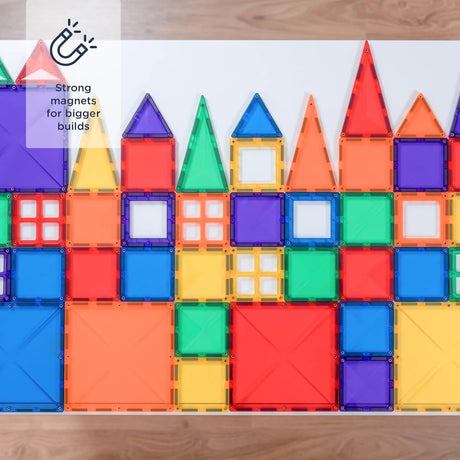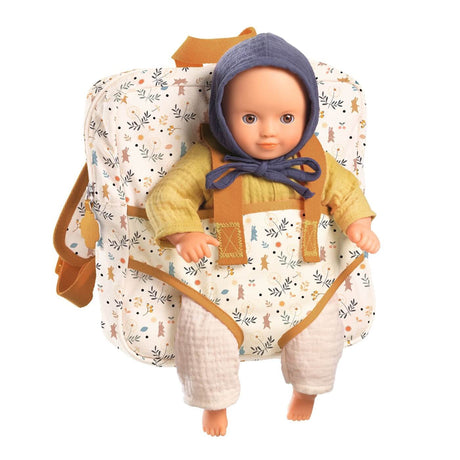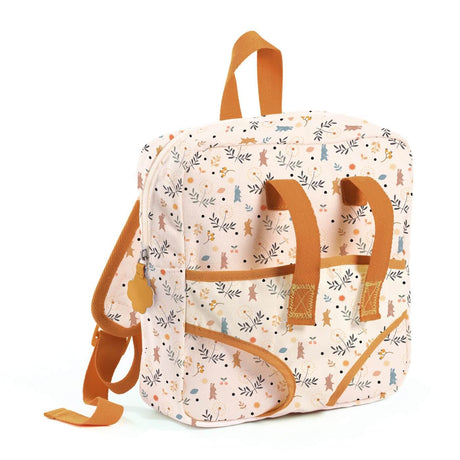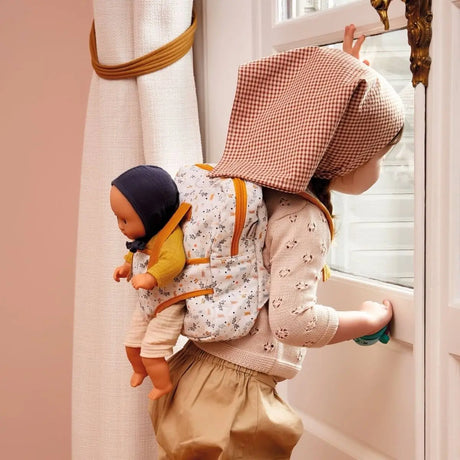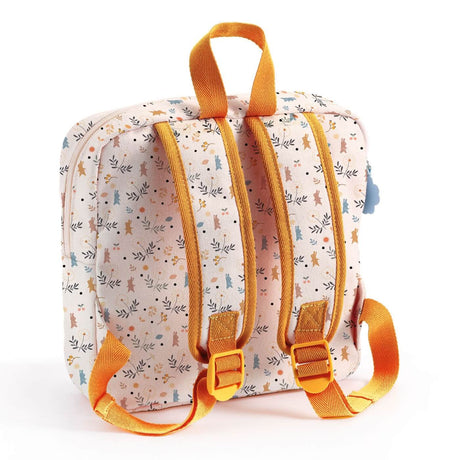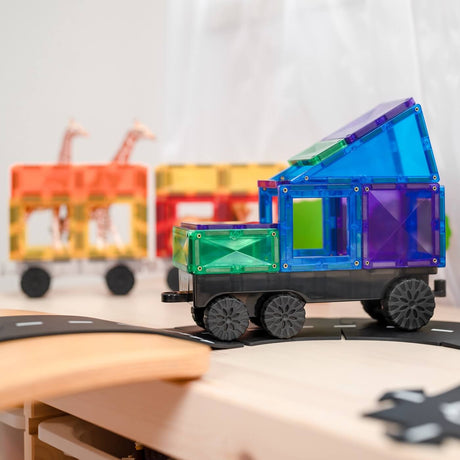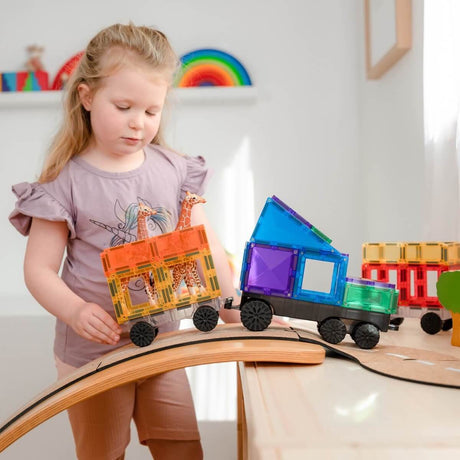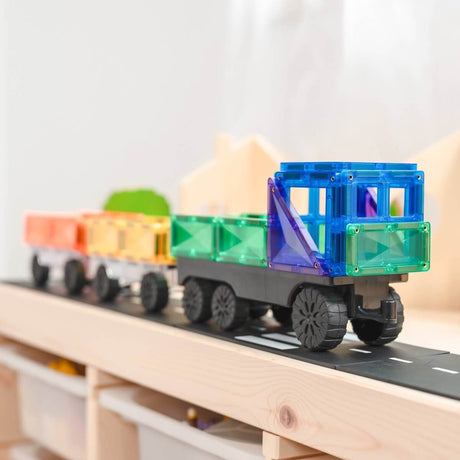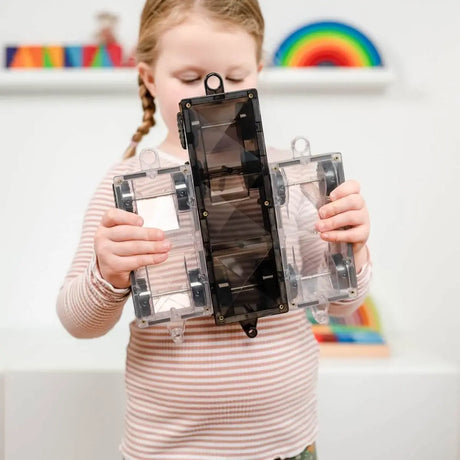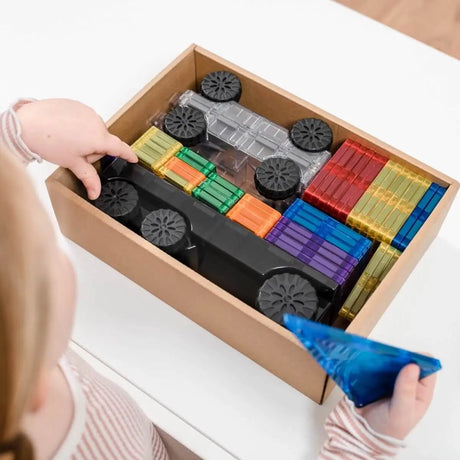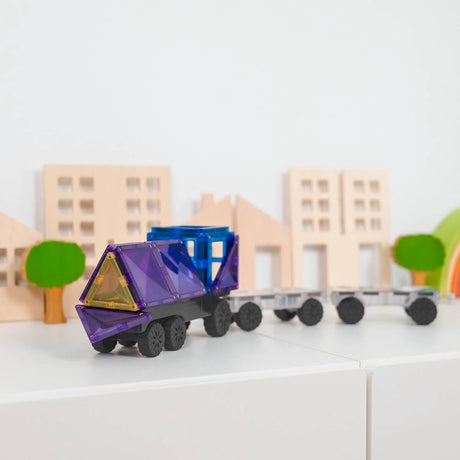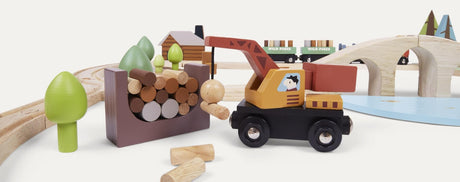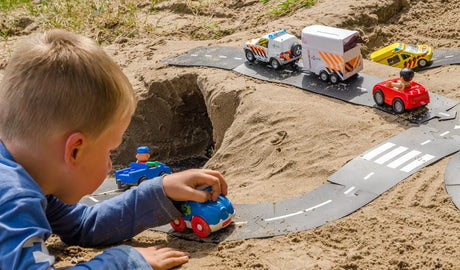When you notice your child deeply absorbed in their own world, playing alone, you are witnessing the magic of solitary play. Far from being an indicator of loneliness or exclusion, solitary play is a crucial stage in your child's development, rich in self-discovery, imagination, and creativity.
The six stages of play
Mildred Parten identified six stages of play , from unoccupied to cooperative. They allow us to track children's progress from solitary to collaborative play. To summarize:
- Unoccupied play
- Solitary play
- Onlooker play
- Parallel play
- Associative play
- Cooperative play
What is solitary play?
Solitary play, as the name suggests, involves your child playing alone, away from other children and without any interaction. It's individual play where they fully engage in an activity, solely for entertainment and exploration.
While we all want our children to be sociable and make friends easily, it's also good to be able to work independently and be happy in their own company. Loneliness is closely related to boredom, because without anyone to entertain them, children have to draw on their own inner resources to find something interesting to do.
Recognizing solitary play
Identifying solitary play is relatively simple:
- Your child plays independently, even if other children are nearby.
- He seems absorbed in his activity and does not seek company or interaction.
- Play often feels imaginative, with your child creating their own scenarios and stories.
Examples of Solitary Play
Here are some examples of solitary play activities you might observe in your child:
- Playing with a dollhouse.
- Drawing, painting.
- Building with blocks .
- Watching bubbles rise and pop.
- Playing with toy cars or trains.
- Explore activity boards ("busy boards").

How solitary play benefits child development
Solitary play isn't just a way for a child to keep busy. It's a deep dive into different areas of development.
Cognitive development
The independent nature of solitary play contributes to:
- Concentration . Playing alone often means fewer distractions, allowing your child to focus on their activity.
- Problem solving . Without peers to provide immediate solutions, your child will learn to tackle challenges on their own.
Socio-emotional growth
The solitaire game offers:
- Self-awareness . By playing alone, your child has the opportunity to better understand his or her feelings and reactions.
- Self-confidence . Completing tasks or navigating game scenarios alone builds confidence and a sense of accomplishment.
Creativity & imagination
Without peer influence, your child will:
- Create your own stories . In solitary play, everything revolves around your stories and imaginary worlds.
- Experiments freely . He is more likely to try new ways of playing or explore different uses for toys and objects.
Note that solitary play, while typically seen in toddlers, is also enjoyed by older children. The six stages of play are not one-way streets. Preschoolers sometimes prefer to play alone or with others, even though they are capable of the highest and most cooperative forms of play.
How to encourage solitary play
Although this is a natural way of playing, it is possible to create an environment conducive to solitary play:
- Provide him with a variety of toys and materials . Offer him a range of toys that cater to different interests, from art supplies to building blocks.
- A safe play space . Make sure your child has a safe and comfortable space where they can play without too many distractions.
- Balance group activities . While group play is essential, make sure your child also has time alone, without being forced to interact or share.
Solitary play isn't just about being resourceful when you're alone. It's also necessary for certain types of activities. You won't get very far playing with blocks or building a train track if your little sister is constantly knocking your constructions over.
Solo activities can last for hours or even days, as your child returns several times to make modifications.
Make sure unruly toddlers are not in the room when your child is engaging in this type of deep play. It's demoralizing to see the creations you've lovingly built destroyed in a moment of exuberance by a younger sibling. At some point, your child will give up on their efforts.
Final word
While solitary play is valuable, it's essential to ensure it's part of a balanced play regimen. If your child always prefers to play alone and avoids group play or interaction, it may be a sign that they're struggling with social situations or are experiencing anxiety.
In fact, solitary play is a wonderful stage in which your child becomes the master of their domain, creating worlds, stories, and experiences on their own terms. By recognizing and valuing this form of play, you appreciate your child's individuality and support their holistic development.

